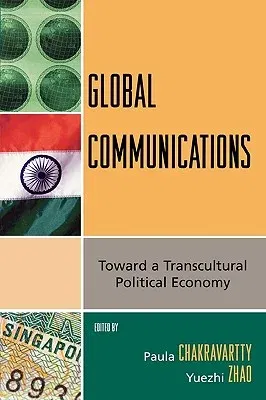Global Communications: Toward a Transcultural Political EconomyPaperback, 1 April 2008

Qty
1
Turbo
Ships in 2 - 3 days
In Stock
Free Delivery
Cash on Delivery
15 Days
Free Returns
Secure Checkout
Part of Series
Critical Media Studies: Institutions, Politics, and Culture
Part of Series
Critical Media Studies: Institutions, Politics, and Culture (Paperback)
Print Length
372 pages
Language
English
Publisher
Rowman & Littlefield Publishers
Date Published
1 Apr 2008
ISBN-10
0742540456
ISBN-13
9780742540453
Description
Product Details
Book Format:
Paperback
Country of Origin:
US
Date Published:
1 April 2008
Dimensions:
22.1 x
14.73 x
2.79 cm
Genre:
Communication Studies
ISBN-10:
0742540456
ISBN-13:
9780742540453
Language:
English
Pages:
372
Publisher:
Series:
Weight:
566.99 gm

